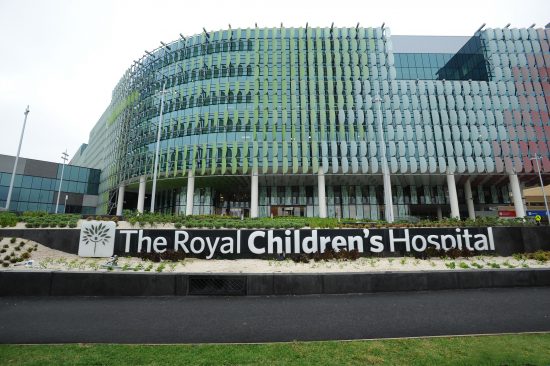
So, does money mean better hospital treatment? The answer appears to be both yes and no.
Having a lot of money increases the attention paid to the patient. They generally have more specialists and doctors coordinating their treatment than those of lesser means. Their security becomes the highest priority, even if it inconveniences other patients at the hospital. Ordinary patients of the Lenox Hill Hospital complained of having their movements restricted and coping with increased security when Jay-Z (real name Shawn Carter) and Beyoncé Knowles arrived at the hospital for the birth of their daughter.
Having a lot of money also increases the comfort the patient will feel during their hospital stay. A menu available to patients in the luxury wing of NewYork-Presbyterian/Weill Cornell hospital includes Angus burgers, scaloppini piccata, and prime New York strip steak. Patients can relax in the soaring ninth floor atrium surrounded by a waterfall, a grand piano and the image of a giant orchid. Many American hospitals now offer a V.I.P. amenities floor with a dedicated chef and lavish services designed solely for the comfort of the patients.
However, the money factor may lead to worse medical care in the long run. Increased access and attention don’t always translate into better medical outcomes. Even when it is not an emergency situation and doctors have the time to think clearly, they still make mistakes when dealing with celebrities and high net worth individuals. Fame can mean star-struck doctors and nurses, leading to important things being overlooked.
Wealthy patients are regularly subjected to more testing, even though all of the testing being performed may not be necessary. This can be due to patients uneducated in the medical profession demanding tests that they read about in the news or that were suggested to them by other people. For fear of alienating the patient, the medical teams perform the tests, add them to the bill, and keep their mouths shut.
Doctors treating high profile patients may be thinking about their reputation, distracting them from doing all of the right things for a patient. There are generally multiple doctors treating a single patient, which can sometimes interfere with medical decision-making and lead to diagnostic delays and mistakes. There is also an increased risk of the medical team not following established protocols for fear of the patient’s discomfort.
While having money may guarantee a more comfortable hospital stay, there is no guarantee that it will lead to better medical care.
Alexa Mason is the blogger behind Single Moms Income, a personal finance freelance writer, and an online entrepreneur. Come hang out with her on Facebook and Pinterest.
Comments